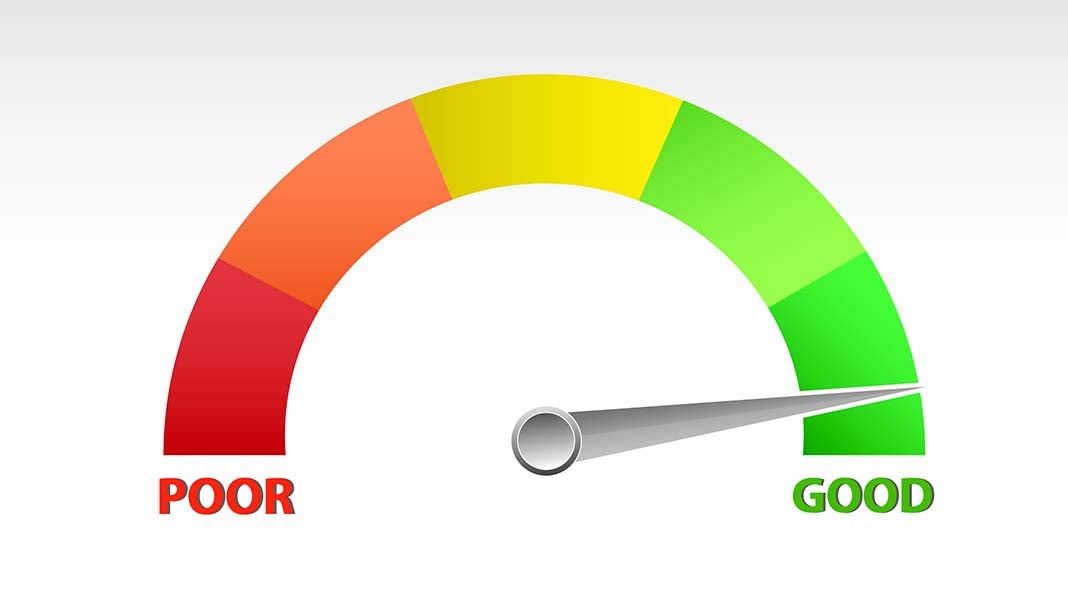Why Personal Credit Matters When Funding Your Business
By: Roman Shteyn

Once you register your business as an LLC or a corporation, it begins building its own credit score. This doesn’t render your personal credit score irrelevant, though, because it takes some serious time and revenue for your company to stand entirely on its own.
If you have a poor credit score, that can cause problems for your business. Here’s how your personal score impacts your business and how to boost your score as quickly as possible.
Most Business Financing Depends on Your Personal Credit
Lenders will typically require you as a business owner to provide a personal guarantee for any type of business financing you get, which can include:
- Business credit cards
- Business loans
- Small Business Administration (SBA) microloans
During the application process, the lender will perform a hard credit inquiry on you. They use that information to determine whether to approve your application and, if they approve it, the terms of your financing.
With a personal credit score that falls in the poor or even the average range, you’ll have fewer business financing options and higher interest rates. Even if you plan to use your own money to bootstrap your business, it’s still beneficial to have a good credit score so you can qualify for business credit cards and earn rewards or cashback on your spending.
Now, successful businesses eventually reach the point where they can get their own financing, but this doesn’t happen overnight. Until then, lenders will take your credit into account and hold you responsible for anything you borrow. It’d be risky to loan anything to a new business otherwise, because the lender would have no recourse if that business went under.
Checking Your Credit Reports
If you’re unsure on what your credit score is, then you should start by requesting credit reports from Equifax, Experian, and TransUnion. The Fair Credit Reporting Act entitles you to one free credit report per year from each bureau.
Although there are online tools and financial apps that will tell you your score with at least one of the credit bureaus, you should still request your credit reports so you can check them for errors. Don’t assume the credit bureaus got everything right, as an FTC report found that one in five credit reports had an error.
If you notice any mistakes on a credit report, you can get them removed by contacting both the credit bureau that issued the report and the creditor behind the mistake. Depending on the severity of the error, this could have no impact at all on your score or raise it quite a bit.
Improving Your Credit Score
If your score isn’t 720 or higher, then improving it should be a priority. Each credit bureau has its own formula for calculating credit scores. The good news is that all the bureaus have two factors that weigh heavily on your score, which are:
- Payment history
- Credit utilization
This makes it simple enough to raise your score. For payment history, the only payments that count are those that get reported to a credit bureau. While your typical bills may not qualify, credit card payments always will.
Use a credit card every month, pay at least your statement balance by the due date, and you’ll improve your payment history without ever getting charged interest. To get the best return on your spending while you build your credit, try one of the cards with the highest reward rates.
The standard recommendation on credit utilization is to keep it below 30 percent, but lower is always better. Due to the importance of credit utilization, it can actually help your score when you have multiple credit cards, as more credit cards means more available credit and a lower utilization (assuming you don’t use even more of that available credit).
A bad credit score is a major obstacle in life, and it can also be detrimental to your business. It’s in your best interest to adopt financial habits that benefit your credit score, especially since these habits will also help you take better care of your business’s money.
3250 Views












